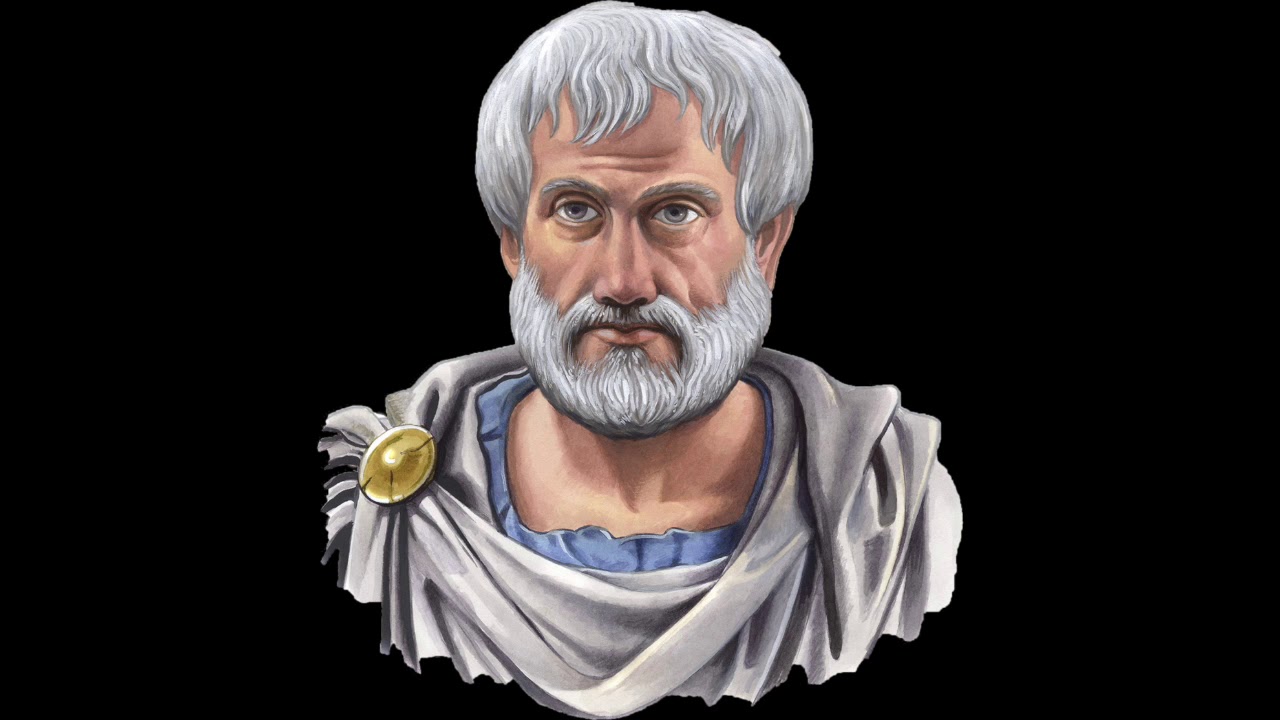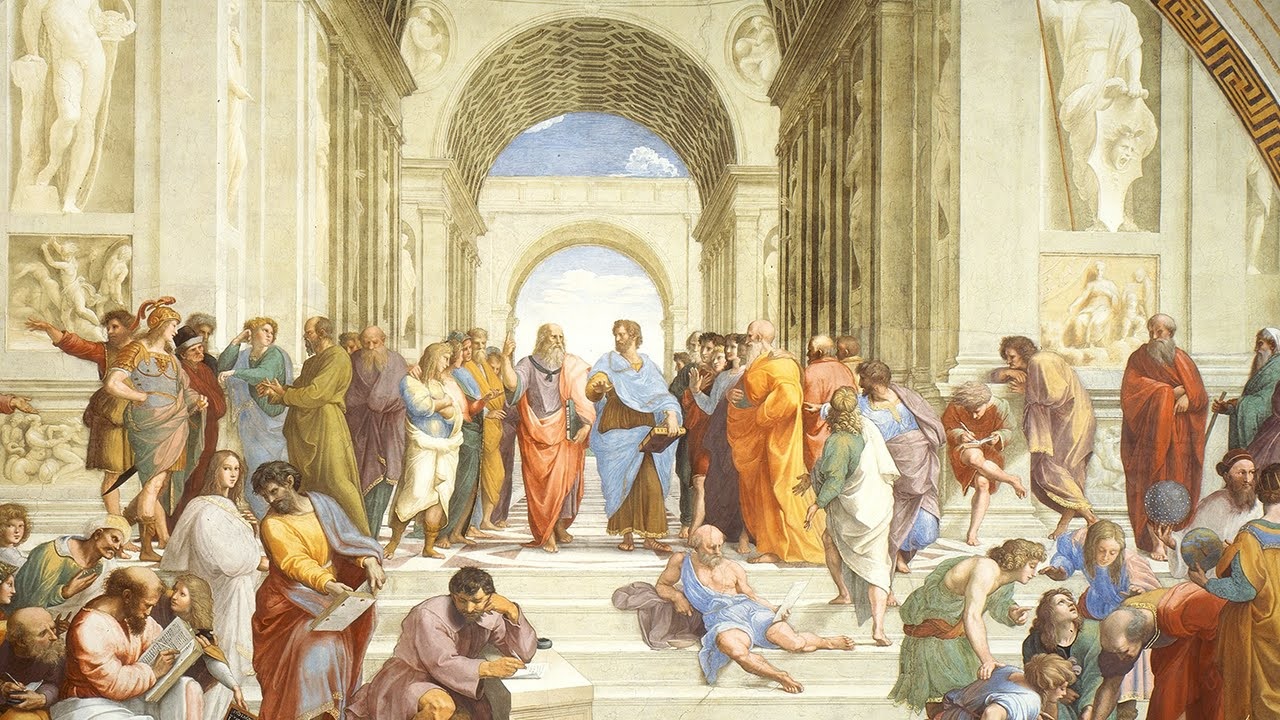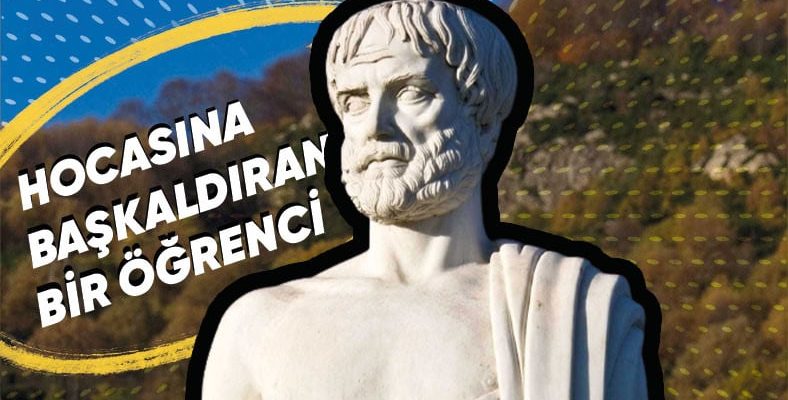If we can talk about science and philosophy today, we owe all this to the Ancient Greek philosopher Aristotle. Because during his lifetime, he worked on all kinds of science and created philosophical thoughts. Let’s take a closer look at who Aristotle is and look for the answer to the question of what he defends through his philosophy and works.
In today’s world, we think that these two fields are independent from each other, since science is accepted as the work of numericalists and philosophy is the field of verbalists, but when we examine it with a receptive eye, we see that these two actually feed off each other. lived thousands of years ago The ancient Greek philosopher Aristotle saw this too. and worked in this direction.
After his teacher Plato died, Aristotle opened his own school and trained countless students there. However, it was forgotten after a while, and the manuscripts were ignored until they were published in a book. Fortunately, his works have survived to the present day, and this is how science and philosophy could develop. best come Who is Aristotle by looking closely Let’s see his works, his philosophy and what he stands for.
A student who rebelled against his teacher: Who is Aristotle?
Aristotle was born in 384 BC in the region of Stagire in the north of Ancient Greece. Both her mother and father He was working in the field of traditional medicine of the time. Even his father, Nicomachus, was King of Macedonia III. He served as the court physician of Amyntus.
Having lost his family at a young age, Aristotle went to Athens at the age of 17 to enroll in the Platonic School. He became both a student and a teacher at school. Aristotle, who spent 20 years here, entered into endless discussions with his teacher Plato. Because what we call philosophy is exactly such a thing.
Aristotle, who taught Alexander the Great for a while, founded his own school:
When Plato died in 347 BC, the management of the school passed to his nephew Speusippus. Upon this Aristotle left both school and Athens. For five years, he worked on marine biology as a guest at his students’ homes on the Aegean coast. During this period, he married his wife Pythias.
In 342 BC, the king of the period II. He was summoned by Philip to Macedonia to teach his son. This little boy would go down in history as Alexander the Great. Exactly what happened between them is unknown, but Aristotle returned to Athens in 335 BC.
Returning to Athens, Aristotle rented a place in the Lyceum, an area outside the city, and established his own school. This school attended by students from all over Ancient Greece It also turned into one of the world’s first major libraries. Because the most important part of Aristotle’s philosophy is to study the writings of others.
Aristotle died a modest man:
When Alexander the Great died in 323 BC, Aristotle left Athens. When we came to 322 BC, he died due to digestive problems. and was buried next to his recently deceased wife. In his final days, his son had an affair with the slave, who was also his mother. The school he left behind was taken over by the student.
For hundreds of years Aristotle was forgotten:
The Aristotelian school at the Lyceum continued to be run by his students after he died, but Because schools in ancient Greece followed the philosophy of their founder. After Aristotle’s death, he could not stand the competition with other schools. The name Aristotle has almost disappeared from history.
According to the historian Strabo, the works of Aristotle until it was rediscovered in the 1st century BC. It was left to rot in a moldy cellar on the Aegean coast. There are some who think that these are not the only copies and that the works continue to be read in different schools, but it must be admitted that the first manuscripts were left to their fate for hundreds of years.
Aristotle’s works are not actually books written by him:

Schools in ancient Greece were not exactly like the schools we know. A teacher appears and speaks to the students. He used to give lectures in a kind of discussion environment. For this reason, the books we call Aristotle’s works today were not texts written for reading, but lecture notes prepared by Aristotle.
It is estimated that Aristotle had 200 such lecture notes, but only 31 of them have survived to the present day. These were then grouped under four categories as Organon, Metaphysics, Rhetoric and Poetics.
The answer to the question of what Aristotle advocates is hidden in his four basic works:
- organon
- Metaphysics
- rhetoric
- poetics

organon
Organon, which means instrument in Latin, was founded in 40 BC by Aristotle’s logic studies, which he called analytical. It is a work edited by Andronicus of Rhodes. It consists of six sections: Categories, On Interpretation, Previous Analytics, Subsequent Analytics, Topics, and Sophistic Decays. ‘All men are mortal, all Greeks are men, therefore all Greeks are mortal.’ includes such reasoning.
Metaphysics
As we explained in all details in our article here before, Aristotle’s Metaphysics work, examines the nature of existence beyond physics. According to Aristotle, metaphysics is the first philosophy and examines existence as being. Work; It includes thoughts on the existence of god, causality, form and matter.
rhetoric
Rhetoric, defined by Aristotle as ‘the ability to observe the means of persuasion available in any situation’, It is explained in the work called Rhetoric through three main methods. These methods are; ethical, emotional and logical. Aristotle, who divided rhetoric into three types as ceremonial, judicial and deliberative in the form of speech, is therefore also known as the father of rhetoric.
poetics
The work called Poetics, which consists of notes thought to have been written by Aristotle in 330 BC, It is considered to be the oldest work that has survived to the present day. Written as a critique of Plato’s understanding of poetry, it is said that poetry should be removed from society because it is morally dubious. Aristotle argues that poetry and theater purify emotions in a beneficial way.
Aristotle’s philosophy was revived centuries later:
Aristotle’s works, edited and categorized by Andronicus of Rhodes, continued to be read in Byzantium. Names such as Ibn Sina, Ibn Rushd, one of the greatest Islamic philosophers and scientists such as Maimonides did deep reading on the works of Aristotle.
Names such as Albertus Magnus and Thomas Aquinas shaped Catholic philosophy with Aristotelian ideas. Although many of his ideas were refuted later, Aristotle; Thanks to his studies in fields such as logic, aesthetics, politics and ethics, he continues to appear as the beginning of science and philosophy.
One of the greatest philosophers of history who lived in ancient Greece We answered the question of who is Aristotle and shared important details about his works and philosophy. It is impossible not to respect such a man who sheds light on the present from thousands of years ago.
